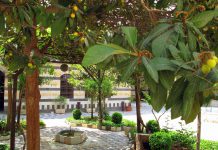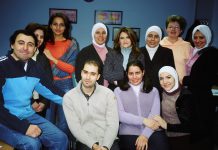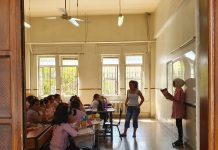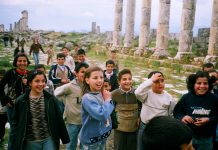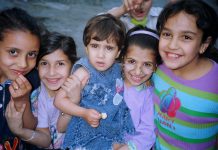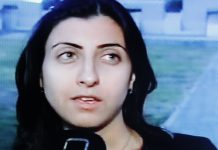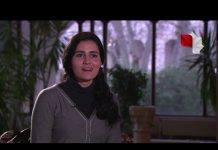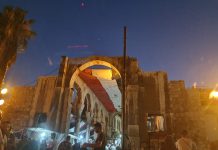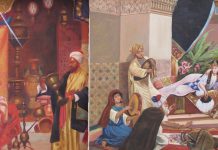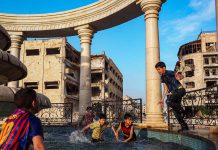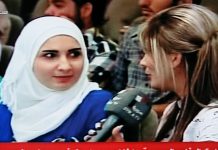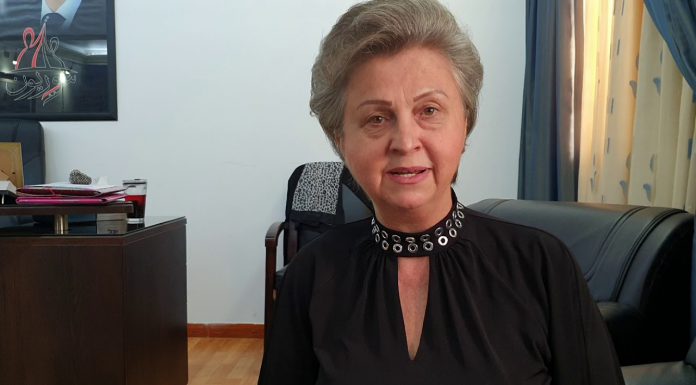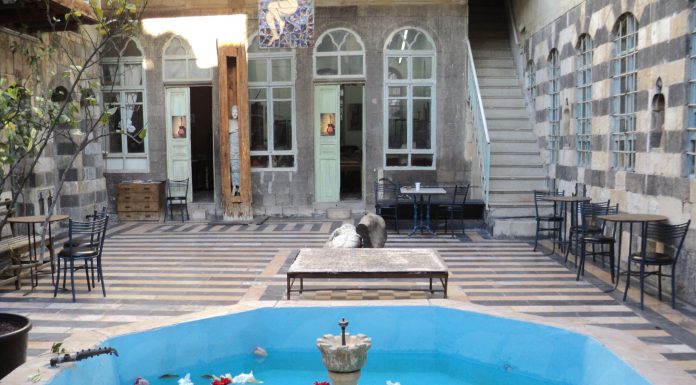Part 2: Tima Kurdi, author of ‘The Boy On The Beach’ (Simon & Schuster, 2018), speaks to Sarah Nachar and Susan Dirgham about:
Women in Syria
COVID-19 and Sanctions on Syria
Syria - Our Good-Hearted Mother
Women In Syria Today
Tima describes the dramatic changes that have taken place since she grew up in Syria, when women mainly stayed at home...
This video message to Australian members of parliament (MPs) was recorded in Madam Janset Kazan's office, Damascus, 21 September 2019. Captions were added by Sarah Nachar, and Rana Alkhayrat and Rasha Milhem translated the interview with Madam Janset.
In this country, we believe in all religions, so we took the concept of forgiveness and reconciliation from all the religions that...
Written by Chris Ray, this article was first published by Monthly Review Online, 10 January 2020
Sanctioning Syria
By Chris Ray
The United Nations was willing to pay for doors, windows and electrical wiring in Alaa Dahood’s apartment but not for repairs to her living room wall torn open by a mortar strike. That was deemed to be ‘reconstruction’—an aid category forbidden...
October 2019
In Syrian cities and towns, it is normal for primary school students to attend a co-educational school and then for students to be streamed into single-sex secondary schools. (This isn't possible in many small regional schools, so high school students in the countryside often attend mixed classes.) Universities generally have mixed classes.
Last month, on my visit to Dar...
Beloved Syria
'Beloved Syria - Considering Syrian Perspectives'
Since 2016, Syrians and non-Syrians have contributed to 'Beloved Syria - Considering Syrian Perspectives'.
What unites our contributors is their love for Syria.
In the first issue of 'Beloved Syria' for Spring 2016, we expressed a simple, but heart-felt prayer:
May Syria and its people survive the war united; may the Eid festivals, Christmas and Easter...
… any attempt to force cultures and peoples into separate and distinct breeds or essences exposes not only the misrepresentations and falsifications that ensue, but also the way in which understanding is complicit with the power to produce such things as the “Orient” or the “West”.’
- Edward W. Said (Orientalism, p. 348, 1995 Penguin edition)
The following article appeared in...


